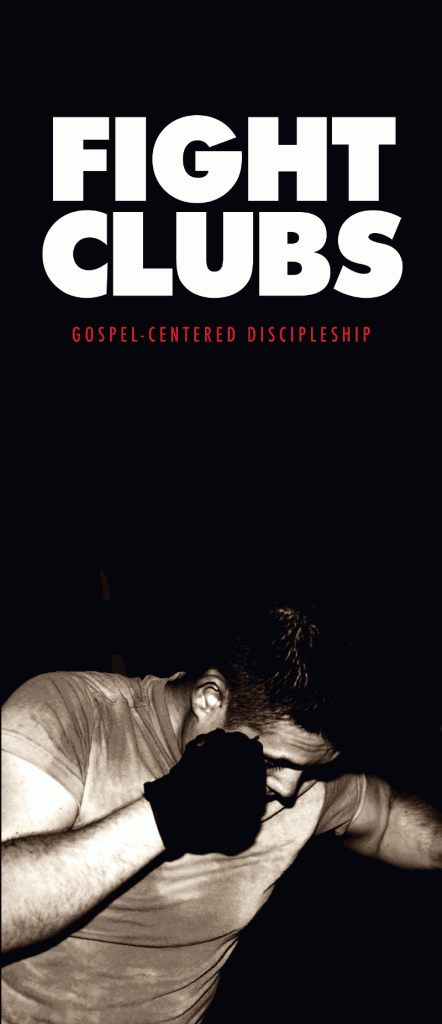 Just think, if you knew the future, if you knew what would happen 10, 20, 100 years from now wouldn’t you live differently? Wouldn’t you alter your actions in reaction to the future, to make the best of your life? In Revelation 21, God shows us the future through three distinct images: a City, a Bride, and a New Creation. What do these images mean? What does a future-as-city tell us about the present? Knowing the future, how should it change our lives in the present?
Just think, if you knew the future, if you knew what would happen 10, 20, 100 years from now wouldn’t you live differently? Wouldn’t you alter your actions in reaction to the future, to make the best of your life? In Revelation 21, God shows us the future through three distinct images: a City, a Bride, and a New Creation. What do these images mean? What does a future-as-city tell us about the present? Knowing the future, how should it change our lives in the present?
The City That is to Come
In Revelation 21 (and Isaiah 60) we witness the future, when people from all over the earth will stream to see the city that is to come! Now, I want you to notice that the City of God is not a lazy city, it’s not filled with cherubim on clouds popping grapes into the mouths of the elect. Notice that Zion contains the domains of a normal city. The mention of camels from Midian draws our attention to the transportation domain. Camels carried freight across great distances for wealthy merchants. Its not just a few but a multitude of camels! The various regions mentioned (Midian, Ephah, Sheba) were populated by these nomadic merchants. We might compare them to traveling businessmen in our cities today, which brings us to the next domain—Business.
Not only do we see businessmen but also business taking place. Later on Isaiah refers to the arrival of the “ships of Tarshish.†These vessels were huge, designed to carry great tonnage across vast distances. In the text, they carry gold & silver for business transaction. There’s also an allusion to the Arts domain (gold/jewelry, frankincense/perfume), Industry (lumber of Lebanon). We could turn to other descriptions of Zion to find more domains. Here’s the point—the future of the world is a creative, bustling, city! All sorts of city domains will be present to contribute to human flourishing. What will we be doing? Working in a bustling, creative, beautiful, joy-filled city!
Making Great Culture
Now, notice something in particular about the culture that is created in Zion. Isaiah describes it as the “wealth of the nations.†Not the poverty of the nations but the wealth of the nations. In other words, in Zion people will make good culture, great culture. The best of the best. The holy city itself is made of superior materials: “Instead of bronze I will bring gold, and instead of iron I will bring silver; instead of wood, bronze, instead of stones, iron†(Isa 60:17). Everything is upgraded. The culture that is made is great! In the city that is to come we will make great culture in all the domains of the city. It will be a diverse, bustling, and beautiful city filled with the highest achievements of human culture: “I will beautify my beautiful house!†We will make great culture. How will people know about the city to come? What will bring them to the brink of belief in Zion? They have to see it, to see the city of Zion in your work, your culture-making.
Can Your City See the Future?
Can people see the city that is to come in the city that is? Can your city tell by looking at your work that you have citizenship in the city that is to come? Does your family life, your legal work, your customer service, your studies, your promptness, thoroughness in everything from communication to design to products point to the city that is to come? Does your work reverberate with the excellence and beauty of Zion? One way to renew the city culturally is for your work to be an excellent, beautiful, preview of the city that is to come, not as an act of greed but as an act of worship!

 Just think, if you knew the future, if you knew what would happen 10, 20, 100 years from now wouldn’t you live differently? Wouldn’t you alter your actions in reaction to the future, to make the best of your life? In Revelation 21, God shows us the future through three distinct images: a City, a Bride, and a New Creation. What do these images mean? What does a future-as-city tell us about the present? Knowing the future, how should it change our lives in the present?
Just think, if you knew the future, if you knew what would happen 10, 20, 100 years from now wouldn’t you live differently? Wouldn’t you alter your actions in reaction to the future, to make the best of your life? In Revelation 21, God shows us the future through three distinct images: a City, a Bride, and a New Creation. What do these images mean? What does a future-as-city tell us about the present? Knowing the future, how should it change our lives in the present?